
Professor Francesca Di Lodovico
Professor in Particle Physics
- Head of the Experimental Particle & Astroparticle Physics Group
Research interests
- Physics
Biography
Professor Di Lodovico is an internationally renowned physicist. She graduated from the University La Sapienza, Rome, and got her PhD at ETH/Zurich, working on the Higgs boson and SUSY searches at LEP-2. She then changed area of interest moving to b-physics at the B-Factory BaBar at SLAC for her postdoc, first at the University of Edinburgh and then at the University of Wisconsin, Madison. She was awarded a lectureship at Queen Mary University of London (QMUL) in 2004, and established a neutrino physics group. She was awarded the 2007 ERC starting grant for her work on T2K. She was awarded a professorship within 8 years and was head of the Particle Physics Research Centre (PPRC) at QMUL. She is one of the 2016 Breakthrough Prize in Fundamental Physics Laureates. She moved to King's College of London in 2019 to establish the Experimental Particle and Astroparticle Physics (EPAP) group in the Department of Physics.
Research Interests
Professor Di Lodovico's current primary research interest is neutrino physics where she focuses on major open questions in physics like the origin of matter of antimatter in the universe and on the nature of neutrinos. She is the international project leader of the Hyper-Kamiokande experiment, a next generation neutrino experiment based in Japan. Furthermore, she is part of the current generation of long baseline experiment T2K, of which she is a member of the Near Detector Steering Committee, called G4, and its far detector Super-Kamiokande. Professor Di Lodovico's main interest is in the study of CP violation in the current and future generations of neutrino experiments. Furthermore, she is also interested in astrophysical neutrinos, in particular supernovas, and proton decays. Finally, Professor Di Lodovico is part of SNO+, whose primary goal is to understand the nature of neutrinos, i.e. whether Dirac or Majorana and ANNIE, a technical experiment at Fermilab, that aims to measure the neutron multiplicity in a Gd-doped water Cherenkov detector and uses for the first time in an experiment, the LAPPDs.
Research
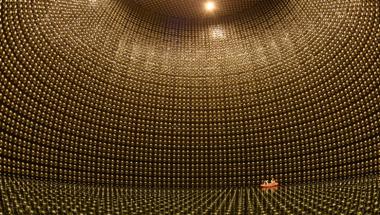
Experimental Particle & Astroparticle Physics
The aim of the EPAP group is to address some of the major open questions in our understanding of matter through the study of the nature of fundamental particles
News
King's researchers win prestigious Institute of Physics Awards
Professor Francesca Di Lodovico and Dr Ana-Maria Raclariu have both received awards from the IOP for their groundbreaking contributions to the field of physics.

Professor of Physics Francesca Di Lodovico re-elected as international spokesperson for Hyper-Kamiokande experiment in Japan
The Hyper-Kamiokande experiment, led by Prof. Francesca Di Lodovico, aims to address some of physics’ most fundamental questions with the potential to change...
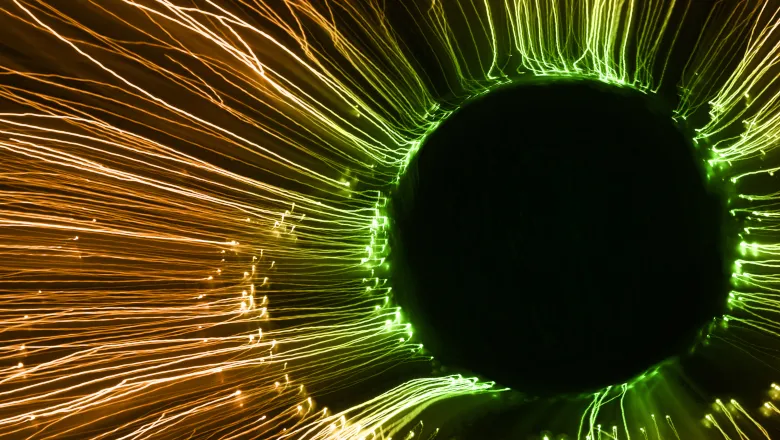
King's researchers contribute to groundbreaking discovery of neutrinos from nuclear reactors
The King’s Physicists received international recognition for their contribution to the discovery
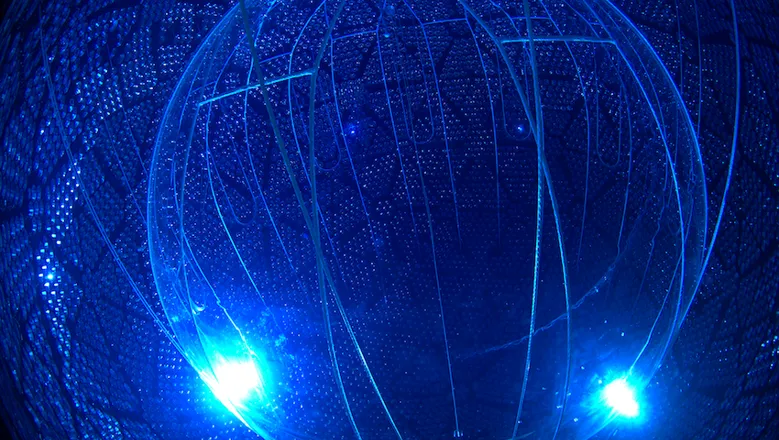
Super-K developments facilitate powerful advancement in particle physics
King’s physicists hope to be able to make a more detailed study of neutrinos after modifying the Super-Kamiokande neutrino detector tank, and introducing the...
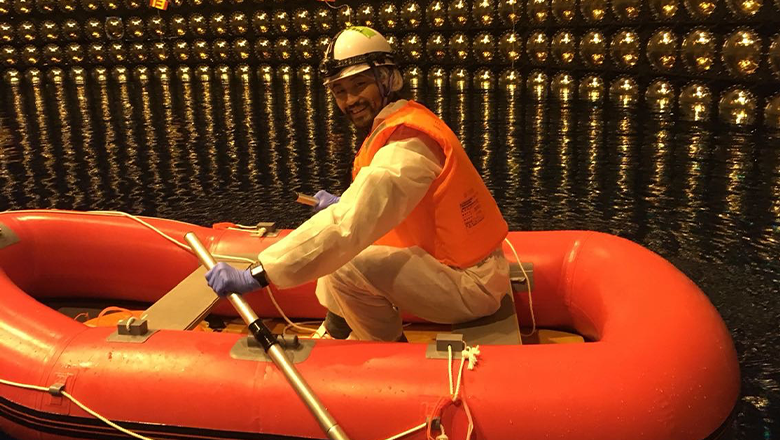
King's physicists herald Big Bang breakthrough in particle physics
In the first breakthrough of its kind in over 50 years, a team of researchers from King’s Department of Physics have contributed to findings by an...
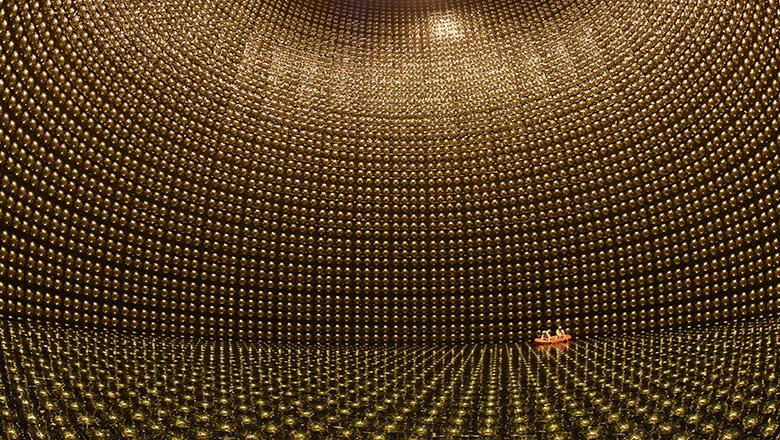
Research

Experimental Particle & Astroparticle Physics
The aim of the EPAP group is to address some of the major open questions in our understanding of matter through the study of the nature of fundamental particles
News
King's researchers win prestigious Institute of Physics Awards
Professor Francesca Di Lodovico and Dr Ana-Maria Raclariu have both received awards from the IOP for their groundbreaking contributions to the field of physics.

Professor of Physics Francesca Di Lodovico re-elected as international spokesperson for Hyper-Kamiokande experiment in Japan
The Hyper-Kamiokande experiment, led by Prof. Francesca Di Lodovico, aims to address some of physics’ most fundamental questions with the potential to change...

King's researchers contribute to groundbreaking discovery of neutrinos from nuclear reactors
The King’s Physicists received international recognition for their contribution to the discovery

Super-K developments facilitate powerful advancement in particle physics
King’s physicists hope to be able to make a more detailed study of neutrinos after modifying the Super-Kamiokande neutrino detector tank, and introducing the...

King's physicists herald Big Bang breakthrough in particle physics
In the first breakthrough of its kind in over 50 years, a team of researchers from King’s Department of Physics have contributed to findings by an...

